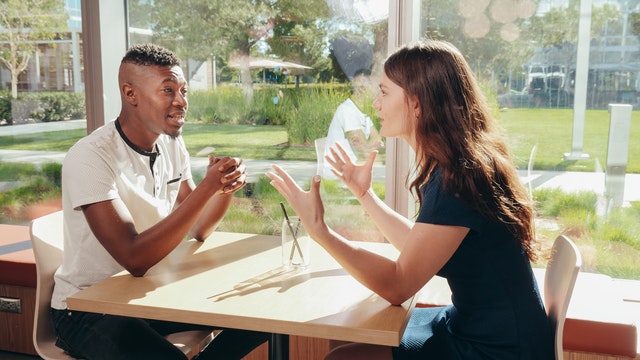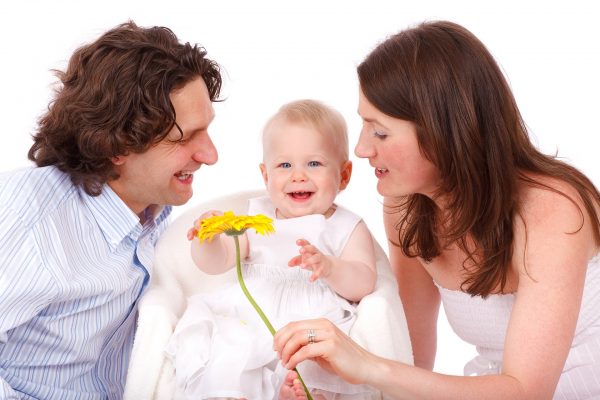Some couples break up for the most trivial things, while others continue fighting for their relationships not noticing that the entire energy they are consuming is actually going to waste. Well, neither of those is correct because the first is a misjudgment of their partner while the other one tends to create toxic tension. The true secret lies in the fact that there are certain mistakes that are forgivable, and others that are quite difficult to let pass simply like that.
While most of you might think that major break-up reasons might be normally, obvious and easy to spot, the reality is that they actually are not. Yes, some circumstances or characteristics could be so subtle that you would not even notice the fact that they are alarming bells for you to pay attention to.
This blog by Delhi’s Top Marriage Counselor Shivani Misri Sadhoo talks about some unclear and tricky signs of a relationship that can act as an alarm for you. Here, they are.
Your Partner is Unbelievably Charming and there is Nothing Wrong with them
Excessive charm is generally not good for your relationship’s health. Charm seems to hide bigger issues behind an individual’s personality especially when it is constant or excessive. Yes, it feels good in the beginning, but it is also a big red flag that must get you asking yourself, “Then what are your flaws?”. Even in stories, when a girl meets the flawless man of her dreams, he most probably turns out to be some shady character in the end. You are not being asked to look for the drama, but the effort is to draw your attention towards the fact that too much concealing of a person’s natural and spontaneous traits can lead to big shocks in the end. It is either they are hiding certain things behind this constant sweetness, or they are lying about something. If not any amongst those, then also run because sooner or later, he/she is probably going to get bored of the charming role they are playing and will mistreat you as you had never imagined.
You Quit Fighting
It’s quite common that fighting a lot is one of the big break-up reasons. What might be misunderstood, is that not fighting or arguing at all is a good sign. No, no one is telling you to be a drama queen. Healthy relationships always consist of healthy discussions and arguments. It is a normal phenomenon that indicates how two individuals are always in search of common ground to meet on. When one stops mentioning what may annoy you in a relationship, you may think that you have become more mature. However, it is a sign that you no longer look for solutions, but rather care less about the entire thing. If this happens a lot, it will eventually lead you to stop caring completely, and therefore, you must consider a break-up. This is by time, you’d have reached your complete capacity and would lose interest in your relationship.
You are on Your Partner’s Waiting List of Priorities
It will not be stated clearly. It would be indicated in actions. No matter how much you are told you are important to your partner, you would find him/her always acting otherwise. Work, family, friends always take priority over you. A person who keeps you as an option will tend to make you feel guilty and inconsiderate of his/her busy schedule. This is, definitely, ladies and gentlemen, the art of turning tables. A partner who is not as caring as he/she should be would focus on blaming you rather than trying to make things up to you. Occasionally, you would find him/her forgetting about important events/dates or missing out on gatherings they know are important to you.
Your Counselor Is Now Just Skype/Video Call Away
During the current challenging time, it’s common to experience anxiety, depression, sleeplessness, and relationship challenges at home. While you are under lockdown and maintaining social distancing norms to help the country to control COVID-19 spread, your very own counsellor Shivani is now just a call and Skype video call away from you.
However, in this age of coronavirus, we hope to offer our therapeutic help. Change is difficult for all of us and changing the way you meet with your therapist is no exception. But try it before you disregard this option. This is a challenging moment in time, and fears and anxieties are running high.
You may find, telepsychology isn’t a second-rate option. Instead, it’s an effective and efficient upgrade to a valuable service!
Feel free to call Counselor Shivani Misri Sadhoo at +91-8860875040 for telephonic or video support and to book an online counselling session to address any relationship issues, emotional and psychological challenges.




